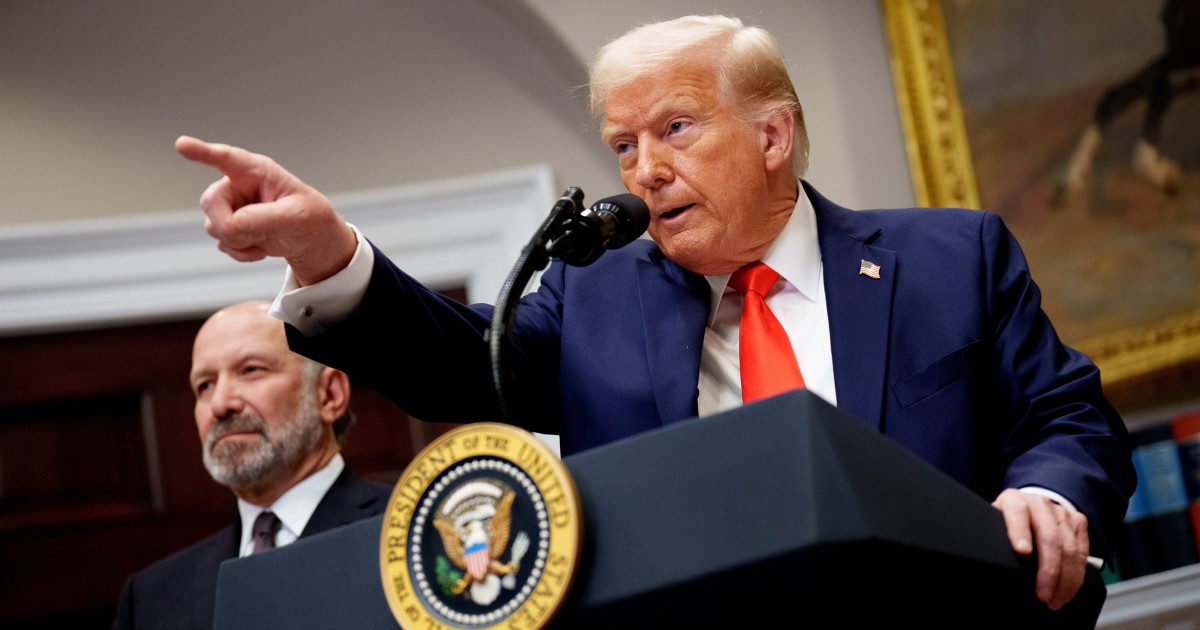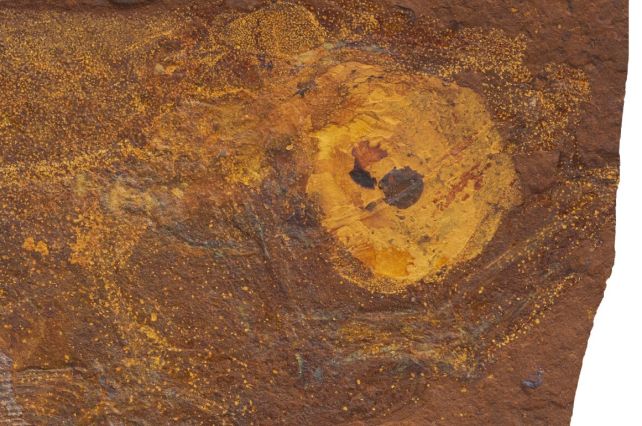Ukraine launches counteroffensive in Zaporizhzhia
In a major escalation, Ukraine launched a counteroffensive to retake territory from Russia. The southern region of Zaporizhzhia is the main thrust of the assault, and the stakes are high for Kyiv and its Western allies.
The Ukrainian forces include German Leopard 2 tanks and U.S. Bradley fighting vehicles, and consist of troops trained and equipped by allies who were specifically prepared for the counteroffensive. However, Russia’s military officials claim that their forces have withstood the attack and inflicted heavy losses.
While Ukraine has not yet commented on the details of the conflict, the outcome of the attack could significantly impact the future of the conflict and Ukraine’s position in negotiations with Russia.
Stakes: If Ukraine fails to break through Russia’s lines, it could see international support shrink, and come under pressure to enter serious negotiations to end or freeze the conflict.
Russia shells Kherson: After Ukrainian President Volodymyr Zelensky visited flood-stricken Kherson, Russian forces shelled the city, hitting an evacuation point. Rescue efforts are currently underway after a nearby dam was destroyed.
Supreme Court rules in favor of Black voters’ rights
In a surprise decision, the conservative-dominated Supreme Court ruled that Alabama had diluted the power of Black voters by drawing a congressional voting map with a single district in which they made up a majority. With the court majority’s past efforts to erode the Voting Rights Act, this is a significant victory for U.S. voting rights.
The ruling means that Alabama’s State Legislature will have to draw a second district with a Black majority, a move that could help protect minority voters from racial discrimination.
Context: This decision comes as the Supreme Court’s rightward shift, demonstrated in recent decisions on abortion, guns, religion, and climate change, has undermined public confidence in its moral authority.
China’s crackdown on mosques draws criticism
The story of Beijing’s relationship with Islam has fluctuated between conflict and coexistence, and the mosques in Nagu and Shadian in Yunnan Province hold particular importance in this history, despite efforts to close, demolish, or forcibly redesign these religious sites. Once again, Chinese officials have drawn criticism for their plans to remove domes and minarets from Nagu’s Arab-style mosque and remodel them in a more “Chinese” way.
Hui residents in Nagu have described the remodeling plan as a precursor to a more comprehensive repression of their way of life. The clash between the police and residents after construction cranes were driven into the mosque’s courtyard has highlighted growing tensions between China’s ruling Communist Party and its Muslim Hui minority.
<















